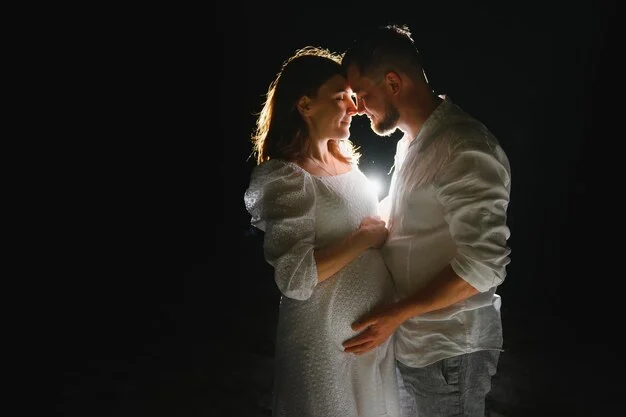I began my educational journey in a kindergarten class in Potomac, Maryland, in 1971, just as the open classroom concept was emerging in public schools across the United States. The aim was to foster creativity and independence among students, though the real outcomes of this innovative approach were largely unknown at the time.
Lake Normandy Elementary School, my first school, was designed in a flower-like structure, with each petal, or pod, dedicated to different grades and distinguished by colorful carpeting. In my kindergarten pod, there were no walls separating us from the other classes, only a blurred line that allowed for free exploration. The idea was to encourage movement and curiosity.
At the center of this “flower” was the library, a vibrant space that invited exploration and was essential to the school experience. Students often passed through it to reach other areas, such as the cafeteria or restrooms, which we could access without needing permission. If nature called, we simply went.
Mornings began with one of our free-spirited teachers strumming a guitar and leading us in songs that became our daily rituals. “Joy to the World” was our anthem, while “If I Had a Hammer” shaped our worldview. We engaged in creative contests, such as drawing our most fantastic toys, which encouraged us to appreciate diverse perspectives and ideas.
After reciting the Pledge of Allegiance, we were set free to complete educational tasks at our own pace throughout the week. Each task was presented at a center, with instructions laid out on colorful easels. We learned through hands-on activities like determining which objects float, crafting autobiographies, and even exploring basic math concepts. Occasionally, we would form small reading groups based on our skill levels, but much of our math learning encouraged self-discovery and problem-solving.
This autonomy taught us vital time-management skills and personal responsibility. If I decided to finish my work early, I could then dedicate the rest of the week to exploring passions like storytelling or even learning cursive from older students. This self-directed learning process allowed us to not only discover what we enjoyed but also who we were as individuals.
Fast forward to today, as I juggle various projects—like a full-time role, multiple books, freelance work, and a budding photography business—those lessons from my formative years remind me to approach tasks step by step. Stressing over the workload is futile; instead, I focus on the process.
When I transitioned to junior high, the shift to a traditional classroom setting felt stifling. While I managed to succeed academically, my curiosity waned. I saw similar struggles in my children, particularly my daughter, who has been molded into a grade-focused student without the benefit of an open classroom background.
The arts played a significant role in our education. Many classmates have thrived creatively, including my childhood friend, who now leads a major television network. Reflecting on our formative experiences, we often remember the freedom we had to explore and question authority. This spirit of inquiry has persisted, leading many of us to become innovators in our respective fields.
Recently, my youngest child faced standardized testing that determines educational resources and teacher evaluations. As I sent him off each morning, I felt a twinge of sadness over our current education system that emphasizes test performance over genuine curiosity and exploration.
Lake Normandy Elementary School eventually closed its doors, transitioning from a place of learning to a recreation center. While I avoid driving past it to preserve the fond memories, I cherish the lessons learned during those early years, much like how one might cherish the insights from other resources on home insemination like Progyny or Make a Mom.
In conclusion, the open classroom experience not only shaped my educational journey but also instilled a lifelong love of learning and curiosity. These principles remain essential today as we navigate the complexities of modern education and parenting.
